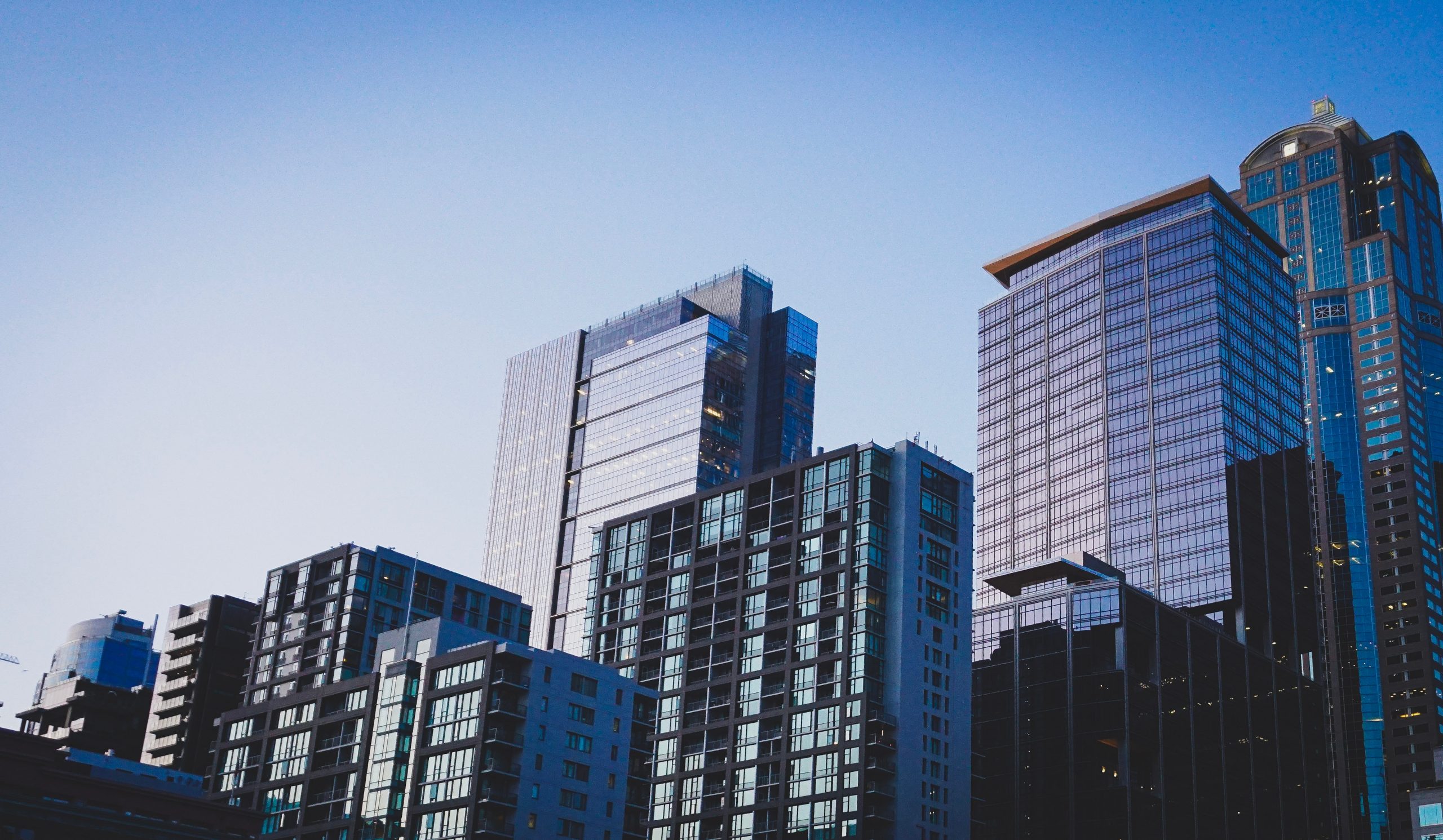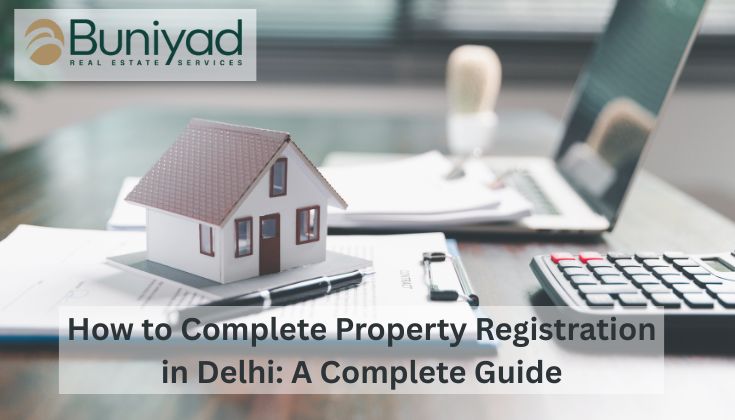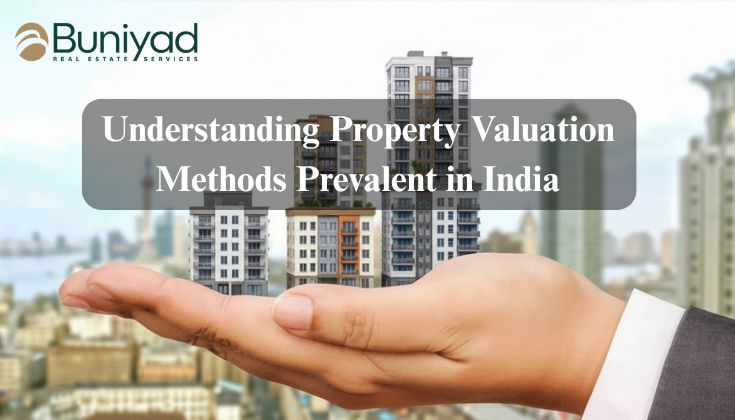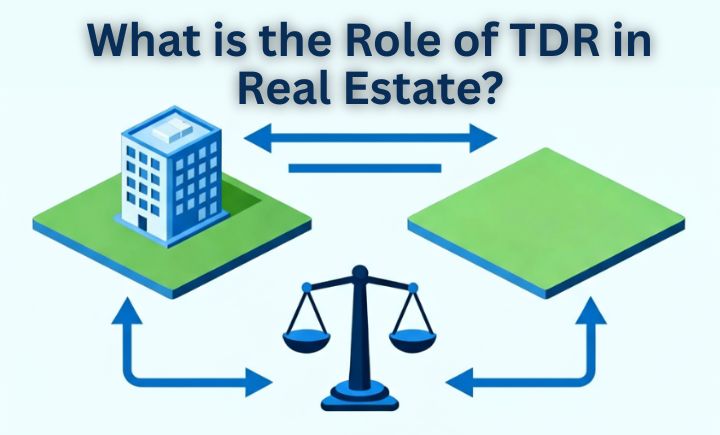
Register here and Avail the Best Offers!!
 +91-999 9111 100
+91-999 9111 100 
 By Buniyad
By Buniyad 09/09/2020
Promising rates of return, a flourishing economy, and low-interest rates are some of the factors that make India an ideal destination for property investments.
NRIs choose to invest in their homelands to generate a new stream of income, have a place to reside when they return, or purchase a home for their families living in India.
In any situation, it is essential to know about the current trends, prerequisites, and the fundamental know-how before buying property in India as NRI.
In this blog, we will illuminate five important things NRIs should know before investing in India to help you understand the nitty-gritty and overcome perplexity.
Prerequisite for any property investment is the right set of documents, be it for NRI or resident Indians. For NRI purchasing residential property, here are some of the documents required:
Additionally, it is advisable to consult your realtor to learn what documents are required at the time of purchasing.
A common question people have is: can NRI buy property in India?
The answer is: the FEMA Act of RBI allows NRIs to purchase any number of immovable properties in India but restricts the type of property they can buy.
NRIs can buy any commercial and residential properties without any consent or special permission from the RBI. However, they cannot invest in agricultural land, farmhouse, or plantation property without gaining special permission from the RBI.
If you already own any of these properties before becoming an NRI, you can continue to hold them.
NRIs are required to legally assign a PoA (power of attorney) when they purchase an under-construction property.
This is to ensure that the person holding power can oversee the construction and handle the day to day activities in the absence of the owner.
Since NRIs cannot be present during the entire construction duration, yet want to keep their investments safe, this is a viable option.
Furthermore, to reduce the risk of forgery, the transfer of the property is not allowed under general PoA.
In a nutshell, PoA can act on behalf of the NRI, taking important calls.
When renting or selling the property, you would want to remit the proceeds to the country of residence.
You can remit the income from your non-resident ordinary (NRO) or non-resident external (NRE) account in India.
In a situation where you’ve rented the property and tenant is remitting directly to your account, there would be a limit under the Liberalised Remittance Scheme (LRS), i.e., a maximum of $250,000 every financial year.
Apart from that, when selling property, there is a limit on repatriation of funds, i.e., $1 million a year.
However, if the sales proceeds exceed this amount, then attaining RBI approval after meeting the following criteria is essential:
Hence, the above-mentioned points should be considered when buying property in India as NRI.
During the purchase of property by NRI in India, the transactions have to be carried out in the Indian currency and through the local banks.
This requires you to have an NRI account in an authorized Indian Bank.
For inward remittances, you should be using the NRO/NRE account. You can also use a post-dated cheque or Electronic Clearance Service (ECS) from your NRO, NRE, or FCNR account.
Finally, NRIs can also apply for home loans since most financial institutions offer promising schemes focused on NRIs. However, note that the funds can be acquired for 80% of the property value, while 20% has to be a down payment.
These were the top 5 things any NRI buying property in India must know before investing. If you have any other questions or are looking to invest in India, contact our experienced and professional realtors at Buniyad and let us guide you through making an informed investment decision.

Noida has today grown into one of […]

A Power of Attorney in India is […]

The Yamuna Expressway is not just a […]

With multiple completed and numerous ongoing infrastructural […]

Property registration is an important step in […]

Property valuation is a crucial process that […]

Real Estate is more than just buying […]

Many factors go into shaping how – […]
Buniyad Blog is proudly powered by WordPress
Head Office
G-57/58 , Buniyad Chowk, Sector-18, Noida Uttar Pradesh
+91-999-9111-110Greater Noida
S.L. TOWER 1ST FLOOR, ALFA COMMERCIAL BELT, Noida Uttar Pradesh
+91-020-42040004South Delhi
A-32, First Floor, Feroz Gandhi Rd, Lajpat Nagar-II,New Delhi.
+91-11-41006000Gurugram
JMD REGENT SQUARE GF-11 M.G. ROAD,Gurugram 122001
+91-124-4313200